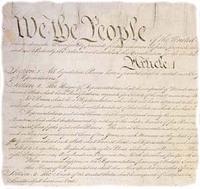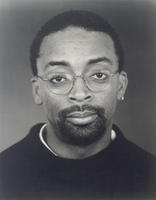power of the word
Is the pen really mightier than the sword?
Possibly. Or, rather, I should say, potentially, because it is not simply words that cause action, but readers believing in the message of those words, conviction.
 Many writers in history have died as a direct result of their writing. The Marquis de Sade suffered for his work...hahaha...which was probably all the more exciting! But, my more puritan blog readers (if there are any?) would likely first think of as example some of the biblical writers-turned-martyrs.
Many writers in history have died as a direct result of their writing. The Marquis de Sade suffered for his work...hahaha...which was probably all the more exciting! But, my more puritan blog readers (if there are any?) would likely first think of as example some of the biblical writers-turned-martyrs.Then there are all the people who have died as a result of the written word. More recently, we saw what happened when Newsweek magazine told the world in print what the U.S. military had tried to smother; that U.S. military guards at Guantanamo prison had mishandled and flushed the Qur'an down the toilet. After that article was published, rioting erupted in parts of the Middle East and resulted in numerous deaths. Retracting those words, on order of the Bush administration, did not improve the U.S.'s damaged public image; nor did it convince anyone the news story was a fabrication because the officially issued words held no strength against fact.
http://www.msnbc.msn.com/id/7857154/site/newsweek/
But, I digress... On a positive note, the written word can be equally life sparing. The U.S. constitution is a nicely crafted piece of writing that has kept many an American from losing their lives. And who hasn't been saved on an emotional or spiritual or academic or scientific level by something we read?
On a positive note, the written word can be equally life sparing. The U.S. constitution is a nicely crafted piece of writing that has kept many an American from losing their lives. And who hasn't been saved on an emotional or spiritual or academic or scientific level by something we read?
So the printed word is only that, unless people stand behind it. A weapon, a cradle. Best to use it thoughtfully, just in case.

ps. my favorite movie about the power of writing is ''The Name of the Rose'' with Sean Connery, from the novel by Umberto Echo.










